
Moped vs Motor Scooter: Key Differences You Need to Know
When it comes to choosing a lightweight motorized vehicle, many people get confused between a moped and a motor scooter. While both offer convenient, fuel-efficient transportation for urban commutes, they are not the same. Differences in engine size, design, speed, licensing requirements, and maintenance can significantly impact which option is right for you.
In this article, we’ll break down the key differences between mopeds and motor scooters, helping you make an informed decision based on your commuting needs, budget, and lifestyle. Whether you’re looking for a nimble city ride or a comfortable, practical scooter for daily travel, understanding these distinctions is essential before making a purchase.
What Is a Moped?
Originally, mopeds had pedals—hence the name, a combination of “motor” and “pedal.” Modern mopeds no longer include pedals but are still small, lightweight motorized bikes, typically with 50cc engines and top speeds around 28 mph (45 km/h).
Mopeds are simple to ride, highly maneuverable, and ideal for new riders learning the rules of the road. While they are generally slower than larger scooters, their compact size and affordable cost make them a practical choice for city commuting.
What Is a Motor Scooter?
A motor scooter is a versatile two-wheeler designed for smooth and efficient urban travel. Unlike mopeds, scooters are not limited by engine size, ranging from 50cc up to 750cc, offering more power, faster acceleration, and higher top speeds. Their step-through frame and flat foot platform make them comfortable and easy to ride, ideal for city streets and longer trips.
While generally more expensive than mopeds, scooters provide better performance, enhanced comfort, and greater versatility, making them a smarter choice for anyone seeking a reliable and practical ride.
Moped vs Motor Scooter: Key Differences Between Mopeds and Motor Scooters
Choosing between a moped and a motor scooter depends on your commuting needs, lifestyle, and performance expectations. While electric mopeds are growing in popularity for their eco-friendly and city-friendly features, motor scooters remain the superior choice, offering better speed, range, and overall versatility.
|
Feature |
Moped |
Motor Scooter |
|
Power Source |
Battery-powered motor |
Petrol engine |
|
Top Speed |
Moderate, city-focused |
Higher top speed, better acceleration balance |
|
Range |
Limited, ideal for short trips |
Longer distances without frequent refueling |
|
Refueling / Charging |
Home/public charging |
Quick petrol refueling anywhere |
|
Maintenance |
Low, fewer moving parts |
Reliable, occasional oil changes and check-ups |
|
Fuel / Energy Cost |
Very low per mile |
Slightly higher, but better for longer rides |
|
Environmental Impact |
Zero emissions |
Reduced emissions with modern efficient engines |
|
Ideal Use |
Short urban trips, eco-conscious riders |
Commuting, errands, longer journeys, city & suburban travel |
|
Average Price |
Moderate, upfront cost higher |
Lower initial investment, better long-term value |
1. Acceleration and Top Speed
Moped: Electric mopeds deliver instant torque for quick starts, making them suitable for short urban trips.
Motor Scooter: Motor scooters combine strong acceleration with higher top speeds. This makes them more versatile for city streets and longer rides, offering smoother, faster, and more reliable performance in all conditions.
2. Range and Refueling Convenience
Moped: Can be charged at home or at public charging stations, ideal for short commutes.
Motor Scooter: Excels in range, letting riders cover longer distances without frequent stops. Refueling at any petrol station takes minutes, providing unmatched freedom and convenience for commuting, errands, and weekend rides.
3. Maintenance
Moped: Requires minimal upkeep due to fewer moving parts, no oil changes, and simple mechanical systems.
Motor Scooter: While motor scooters need occasional oil changes and routine checks, their robust engineering ensures long-lasting reliability, making them ideal for riders seeking durable and dependable transportation.
4. Cost Comparison: Initial Investment and Ongoing Expenses
Initial Investment: Mopeds can have higher upfront costs despite incentives, while motor scooters often offer lower initial investment without sacrificing performance.
Fuel Costs: Electric mopeds are cheaper per mile to charge, but motor scooters offer better fuel efficiency over longer distances, providing freedom and convenience without frequent charging.
Insurance and Registration: Both vehicles may benefit from favorable classifications, but motor scooters often deliver greater value due to versatility and performance, even if costs differ slightly.
5. Environmental Impact and Sustainability
Moped: Zero tailpipe emissions make electric mopeds eco-friendly for short urban trips.
Motor Scooter: Modern motor scooters are built with efficient engines that reduce emissions compared to older petrol models. For riders prioritizing both practicality and performance, motor scooters strike the best balance between efficiency and environmental responsibility.
6. Cost Per Mile Comparison
Moped: Charging for a 50-mile journey can cost under £1.
Motor Scooter: Fueling for the same distance may cost over £4, but the longer range and quick refueling outweigh the slight per-mile savings of a moped. For daily commuters and longer rides, motor scooters save time and provide unmatched flexibility.
Mopeds are popular for city commuting, short trips, and eco-friendly travel, but they come with some limitations compared to motor scooters.
Pros and Cons of Mopeds
Pros of Mopeds:
-
Eco-Friendly: Electric mopeds produce zero emissions, making them great for reducing urban air pollution.
-
Low Maintenance: Fewer moving parts mean less frequent servicing, fewer oil changes, and minimal mechanical upkeep.
-
Compact and Lightweight: Small size and low weight make mopeds easy to maneuver and park in tight city spaces.
-
Cost-Effective for Short Trips: Charging (or fueling) costs are very low per mile, making them affordable for short-distance commuting.
Cons of Mopeds:
-
Limited Speed: Most mopeds have top speeds around 25–45 km/h, which can make longer trips slower and less practical.
-
Restricted Range: Battery-powered mopeds often need frequent recharging, limiting their usefulness for longer commutes.
-
Minimal Comfort and Storage: Small seats, limited legroom, and almost no storage space can make rides uncomfortable for longer journeys.
-
Less Versatile: Mopeds are designed primarily for urban streets and are not suitable for highways or hilly terrain.
While mopeds are suitable for short city trips and eco-conscious riders, their limitations in speed, range, and comfort make them less versatile than motor scooters.
Pros and Cons of Motor Scooters
Motor scooters offer a more powerful, practical, and versatile alternative to mopeds, combining performance with comfort and convenience.
Pros of Motor Scooters:
-
Higher Speed and Better Acceleration: Motor scooters have larger engines, providing faster acceleration and higher top speeds, making them suitable for urban streets, highways, and longer commutes.
-
Longer Range: Petrol-powered scooters allow riders to cover greater distances without frequent stops, offering unmatched freedom and convenience.
-
Comfort and Storage: Larger seats, footrests, and under-seat storage make motor scooters comfortable for longer rides while carrying personal items or groceries.
-
Automatic Transmission: Most motor scooters feature automatic CVT systems, making them easier to ride and ideal for riders of all skill levels.
-
Durability and Reliability: Built with robust engineering, motor scooters are designed for long-term use with consistent performance.
-
Versatility: Suitable for city commuting, errands, weekend trips, and suburban travel, providing flexibility that mopeds cannot match.
Cons of Motor Scooters:
-
Higher Fuel Costs per Mile (Compared to Electric Mopeds): Running costs are slightly higher, but the improved range and convenience more than compensate.
-
Slightly Larger and Heavier: Motor scooters are heavier than mopeds, but modern designs still allow easy handling and parking.
Best Use Cases: Moped vs Motor Scooter
Both mopeds and motor scooters are practical, low-cost options for urban travel, but the ideal choice depends on your commuting distance, desired speed, and performance needs. While mopeds are suitable for short trips, motor scooters outperform in versatility, comfort, and capability, making them the better option for most riders.
Moped: Best Use Cases
Mopeds are perfect for short-distance, low-speed commuting, especially in dense city areas where maneuverability and compact size are essential.
|
Use Case |
Rationale |
|
Short Commutes |
Designed for low to moderate speeds (typically maxing around 28 mph), ideal for quick trips across town. |
|
Congested City Riding |
Small, agile frame makes navigating heavy traffic and finding parking easier. |
|
Budget-Conscious Travel |
Low initial cost, excellent fuel efficiency, and cheaper insurance due to lower risk. |
|
Beginner Riders/Simplicity |
Lightweight, easy-to-learn twist-and-go automatic transmission, often with fewer licensing requirements. |
|
Eco-Friendly Option |
Small engines (under 50cc) or electric motors produce lower emissions and a smaller environmental footprint than cars. |
Mopeds are ideal for urban riders on a tight budget or those seeking simple, low-speed transport. However, they are limited in range, power, and passenger or cargo capacity.
Motor Scooter: Best Use Cases
Motor scooters are designed for riders who need more speed, power, and versatility. They are suitable for longer commutes, carrying passengers, and urban or suburban travel.
|
Use Case |
Rationale |
|
Longer Commutes & Suburban Travel |
Powerful engines (50cc–250cc+) maintain higher speeds and handle faster urban roads or legal highways. |
|
Carrying Passengers & Cargo |
Larger frames, bigger seats, and under-seat storage make it easy to carry a passenger or groceries. |
|
Riding on Faster Roads/Highways |
Higher top speeds (up to 60–70 mph+) allow safe travel where mopeds would be restricted or unsafe. |
|
All-Weather / Comfort Riding |
Better suspension and protective chassis provide a more stable, comfortable ride over varied surfaces. |
|
More Power / Performance |
Larger engines provide superior acceleration and speed, ideal for riders who need versatility and reliability. |
Motor scooters offer greater performance, comfort, and practicality than mopeds, making them the ideal choice for commuters, urban riders, and anyone needing a capable, long-term transport solution.
Which Should You Choose: Moped or Motor Scooter?
Choosing between a moped and a motor scooter depends on your commuting needs, riding preferences, and the distances you plan to travel. While mopeds are suitable for short, low-speed city trips, motor scooters offer far more power, comfort, and versatility, making them the better choice for most riders.
When a Moped Might Be Suitable
Mopeds are lightweight and easy to operate, making them ideal for:
-
Short city trips: Perfect for quick errands or commuting across town.
-
Lower power requirements: Small engines (typically under 50cc) are easy to handle for beginners.
-
Simpler design: Pedal-assisted or small automatic systems make them straightforward to ride.
Limitations:
Despite their simplicity, mopeds are limited by lower top speeds, reduced range, and minimal comfort or storage, which can make longer rides challenging. They are best suited for riders who primarily navigate city streets and value low cost and eco-friendliness over performance.
Why Motor Scooters Are the Better Option
Motor scooters provide a sportier, more capable, and reliable alternative to mopeds, especially for riders who need more than short-distance commuting.
Advantages of Motor Scooters:
-
More Power: Engines ranging from 125cc and above deliver faster acceleration and higher top speeds, making them suitable for city streets, suburban roads, and highways where legal.
-
Longer Range: Petrol-powered scooters can travel longer distances without frequent stops, offering freedom and convenience for daily commuting or weekend trips.
-
Comfort and Practicality: Larger seats, better suspension, and under-seat storage allow you to carry passengers or cargo comfortably.
-
Ease of Use: Most scooters feature automatic transmissions (CVT), making them simple to operate while providing superior performance compared to mopeds.
-
Versatility: Motor scooters handle a wider range of road conditions, from congested city streets to faster suburban routes, making them suitable for almost any rider.
Conclusion
While mopeds are ideal for short city trips, low speeds, and budget-friendly commuting, motor scooters clearly outperform in power, speed, range, comfort, and versatility, making them the better choice for most riders. By weighing your priorities—whether it’s simplicity and cost or performance and long-distance capability—you can make an informed decision that suits your daily commute, riding style, and long-term needs.
FAQs
Is a moped the same as a motor scooter?
No. While both are small, two-wheeled vehicles, mopeds have smaller engines and lower top speeds, making them best for short city trips. Motor scooters, like iScooter models, offer more power, higher speeds, and greater versatility for commuting and longer rides.
Is a scooter a moped in the UK?
Not always. In the UK, a scooter can be classified as a moped if it has a 50cc engine or less and meets specific speed limits. Higher-powered scooters, such as iScooter motor scooters, are classified separately and provide more performance and range.
Which is better, a moped or a scooter?
For most riders, a motor scooter is better. Compared to mopeds, motor scooters like iScooter models offer higher top speeds, longer range, better comfort, and the ability to carry passengers or cargo, making them ideal for commuting, errands, and urban travel.
Do I need a licence for a motor scooter?
Yes. In most regions, you need a valid motorcycle or scooter licence to ride a motor scooter. iScooter motor scooters are designed to meet legal requirements while providing safe, reliable performance for licensed riders.
iScooter E Scooter Collections:
Electric Scooter | Kids Electric Scooter | Electric Scooter for Adults | Electric Scooter with Seat | Off-Road Electric Scooter | Foldable Electric Scooter | Girls Electric Scooter | 1000W Electric Scooter | 2000W Electric Scooter | Boys Electric Scooter | Dual Motor Electric Scooter | Big Electric Scooter | Electric Scooter with Suspension | Lightweight Electric Scooter | Commuter E-Scooters | 3 Wheel Electric Scooter
Show more ▼iScooter E Bike Collections:
Foldable Electric Bike | Affordable Cheap Electric Bike | Electric Bike for Adults | Electric Motor Bikes | Trek Electric Bike | Fastest Electric Bike | Electric Road Bike | Full Suspension Electric Mountain Bike | Giant Electric Bike | Womens Ladies Electric Bike | Mens Electric Bike | Electric Bike with Throttle | Electric Gravel Bike | Electric Mountain Bike UK | Fat Tyre Electric Bike | Electric Hybrid Bike | Electric Motorised Bike | Electric Push Bike | 1000W Electric Bike | Cool Electric Bikes | Electric Off Road Bike | Pedal Assist Electric Bike | Good Electric Bikes | Small Electric Bike | Trek Electric Mountain Bike | 2000W Electric Bike | Full Suspension Electric Bike | Mini Electric Bike | Road Legal Electric Bike | Step Through Electric Bike
Show more ▼👍 Buying Guide | 🚴♂️ Riding Guide
📋 Feature Guide | ❓ Common problem
Product category
Electric Scooter
Cheap Electric Scooters for Adults | Fastest Electric Scooter | Kids Electric Scooter | Mini Electric Scooter
































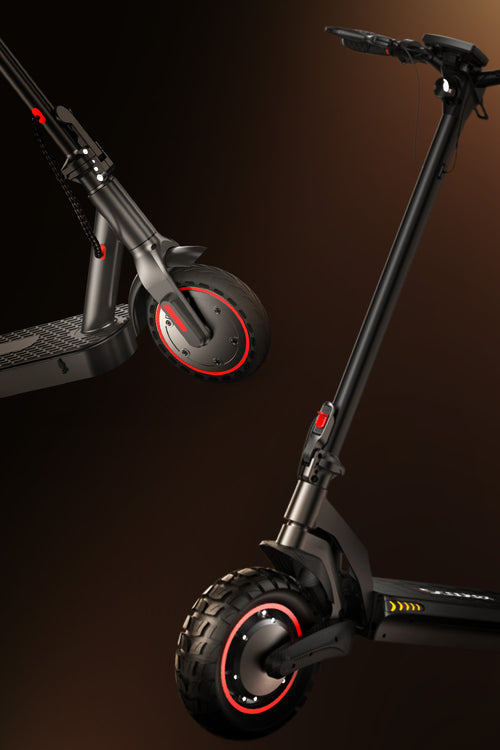
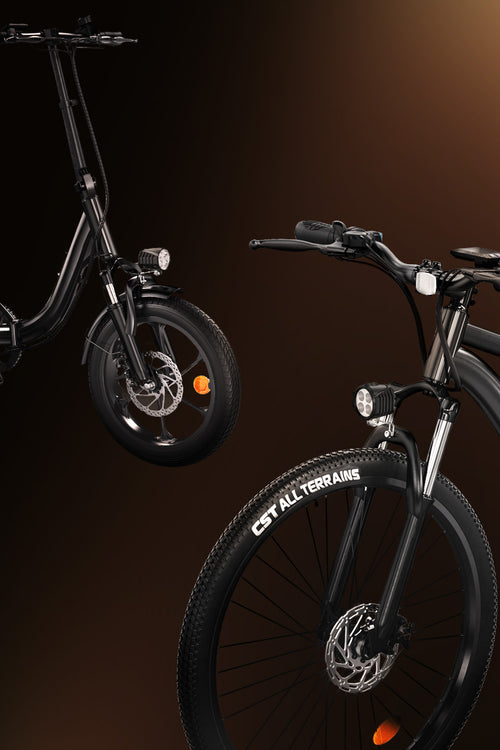
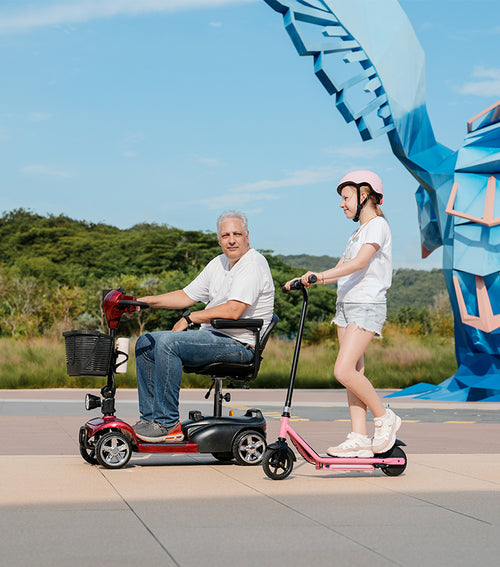









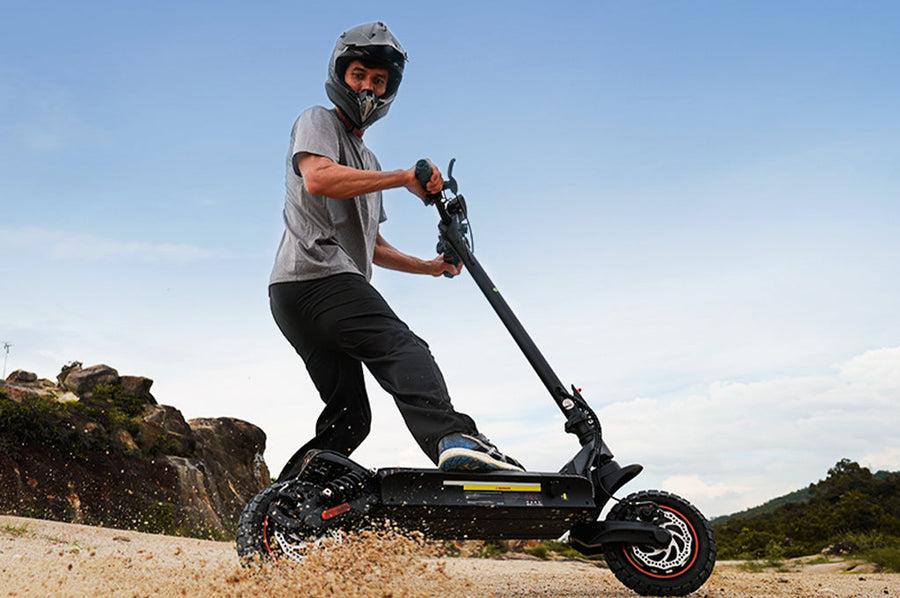



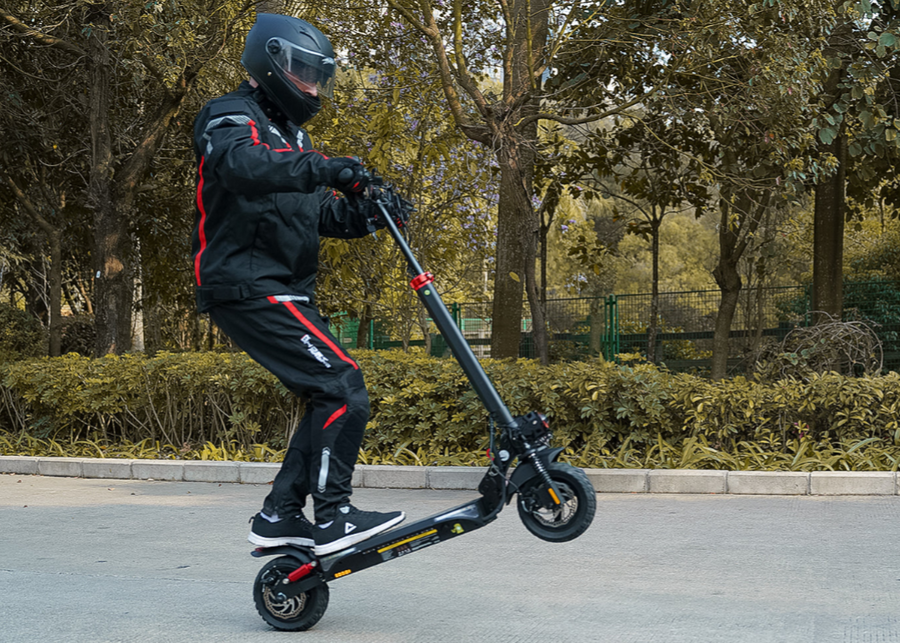

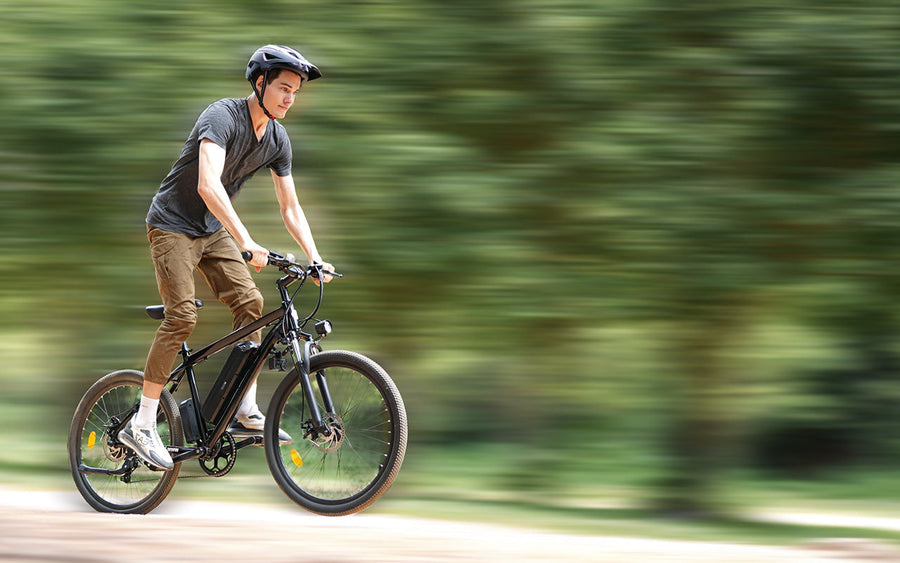
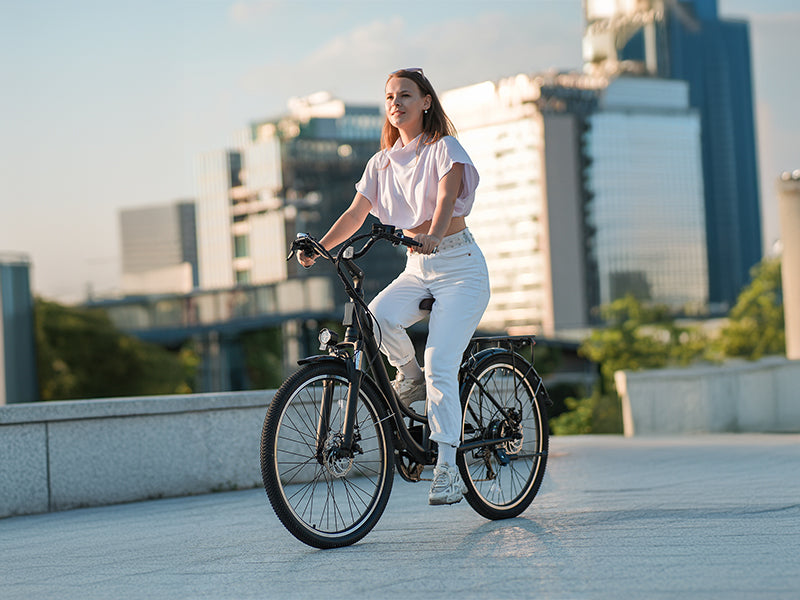
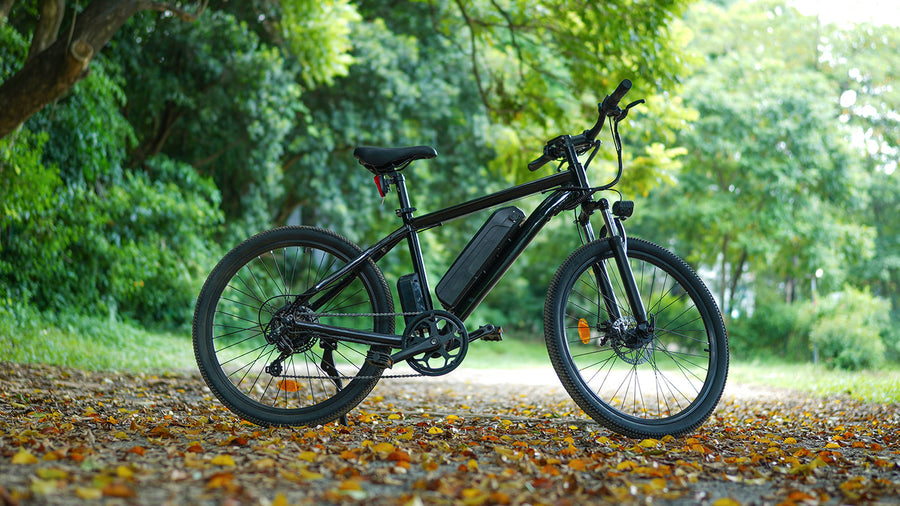
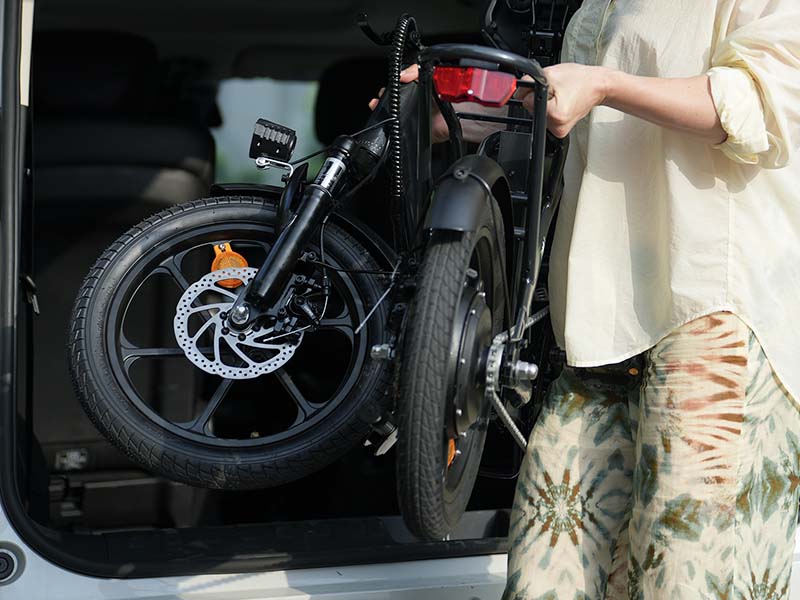


![iScooter Expert Tips for Your First Scooter [Beginner's Guide]](http://www.iscooterglobal.co.uk/cdn/shop/articles/i9max_Automatic_headlights_{width}x.jpg?v=1763113197)






Article tags :
Leave us a message